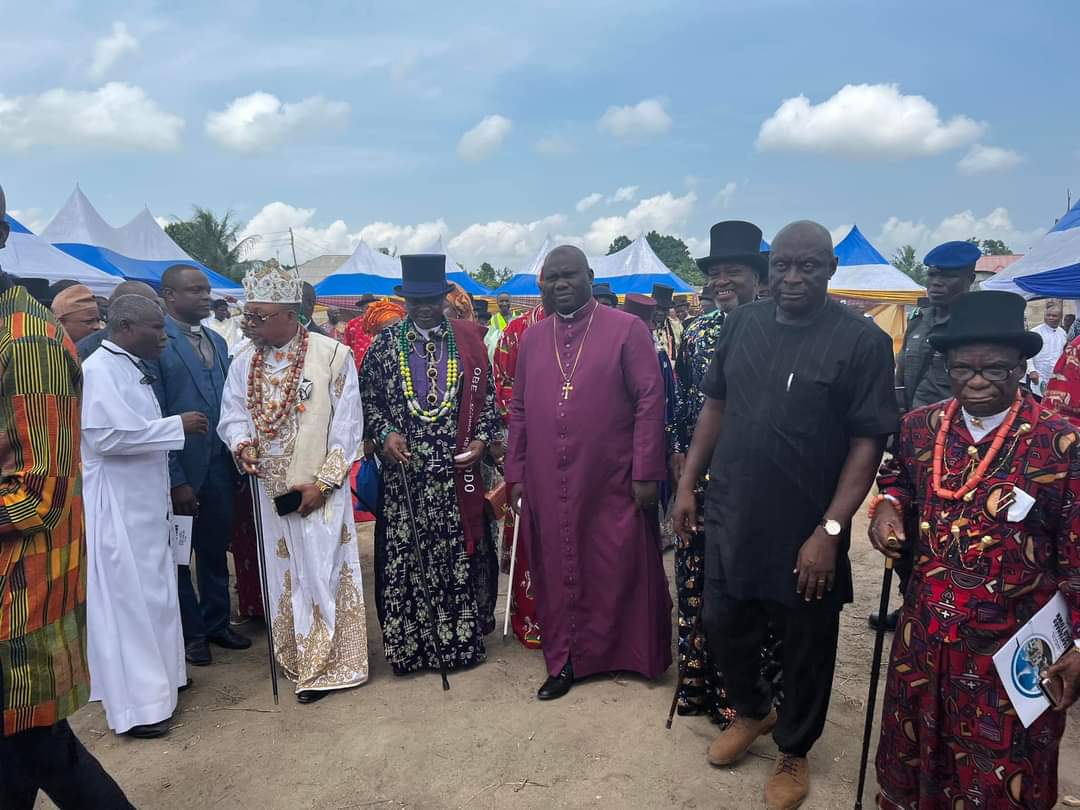Niger Delta
NGO Seeks Support For Human Trafficking Survivors

The Pathfinder Justice Initiative (PJI) says it is working with stakeholders to create a Coordinated Care Mechanism (CCM) for survivors of human trafficking in Edo State.
The Executive Director, PJI, Ruth Benson-Idahosa, said this in an interview with The Tide’s source in Benin.
She spoke on the sideline of a Stakeholders’ Roundtable on “Enhancing Civil Society Organisation (CSO) Coordination for Trafficking Survivors”.
Benson-Idahosa said that with CCM, support for survivors of human trafficking would be well tailored, monitored efficiently and coordinated.
She said that coordinated support for trafficked survivors would tackle the challenge of discrimination against some survivors.
“The issue where some survivors don’t benefit from certain support while others benefit from different interventions will be resolved.
“Stakeholders are trying to provide services for returnees and survivors of trafficking but we are doing without coordination, so the efforts being put are disaggregated.
‘This programme is to create a system that is similar to our national mechanism but for local Edo service providers so that we are coordinated, transparent and efficient in the way we care for survivors,” she said.
The Permanent Secretary, Edo State Ministry of Gender and Social Development, Mrs Barbara Osobajo, told the source that creating CCM was laudable and needed to have a functional support system for survivors of human trafficking.
Represented by the Director, Gender in the Ministry, Mrs Joy Ihensekhien, Osobajo said that the referral mechanism component of CCM would reduce duplication of efforts and ensure continuity of support.
The source reports that CCM is part of the Justice Project geared toward strengthening and enhancing the network and coordination of CSOs, to better serve survivors of sex trafficking.
The project is supported by PJI, Ambassador De France Au Nigeria and PISCCA.
Niger Delta
Stakeholders In Delta Seek Stronger GBV Action, Women’s Leadership

Niger Delta
C’River Suspends Taskforce Activities Over Drivers’ Protest

Niger Delta
A’Ibom Assembly Urges More Private Investments In Agriculture

-

 News5 days ago
News5 days agoDisu Takes Over As New IGP …Declares Total War On Corruption, Impunity
-
Politics2 days ago
2027: NIGERIANS FAULT INEC ON DIGITAL MEMBERSHIP REGISTER DIRECTIVE
-

 Environment2 days ago
Environment2 days agoLAWMA Director Says Sweeping Reforms Have Improved Waste Collection
-
Politics2 days ago
LP Crisis: Ex-NWC Member Dumps Dumps Abure Faction
-

 Sports2 days ago
Sports2 days agoAbia Not Sure To Secure continental Ticket
-

 Politics2 days ago
Politics2 days agoUmahi Dismisses Allegations On Social Media, Insists On Projects Delivery
-

 Transport2 days ago
Transport2 days agoFAAN Announces Pick-Up Points for Go-Cashless Cards
-
Sports2 days ago
La Liga: Yamal Records First Career Hat-trick

